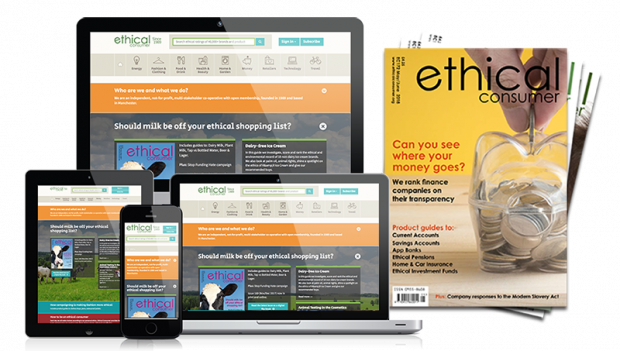This is one of our archived guides and as such does not include a score table. However we have kept the page alive so that you can continue to see the key issues in this sector, in both the buying advice and the in-depth analysis.
If there are particular brands you are interested in they may appear in other guides, or you can search for the company name in the search box at the top of the web page.
Finding ethical over the counter medicine
Pharmaceutical companies are paradoxical. On the one hand, they are involved in ameliorating suffering and saving lives, which should be the most ethical activity on earth. On the other hand, it is hard not to be horrified by many stories of their behaviour.
This paradoxical nature stems from the system that has been set up.
The basic problem is that the profit incentive, and the patent system which is used to pay for drug innovation, clashes quite badly with the provision of basic needs.
As will be talked about below, the system that we have has resulted in more than half of pharmaceutical company spending going on things that are pretty worthless, or even actively harmful: researching copycat drugs that do little for health, engaging in marketing that sways doctors away from prescribing on the basis of the evidence, and fighting legal battles.









